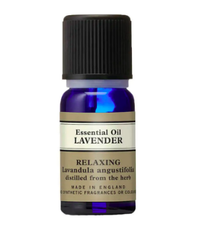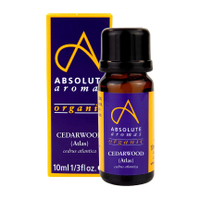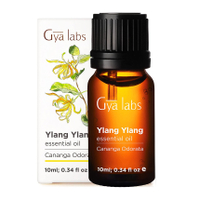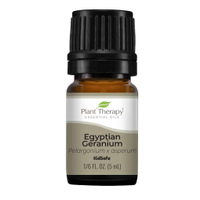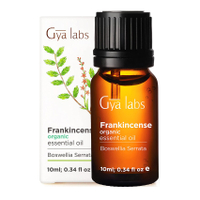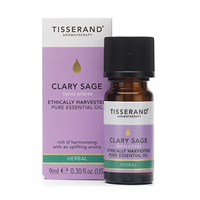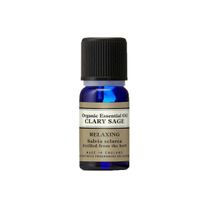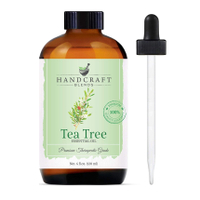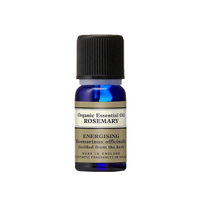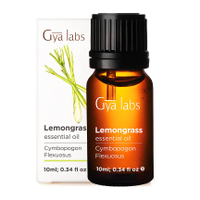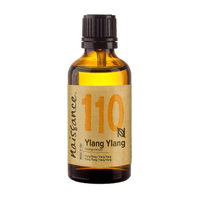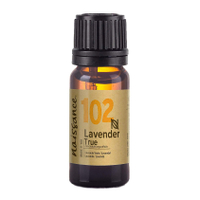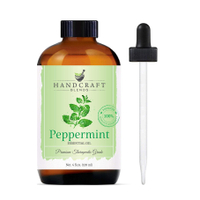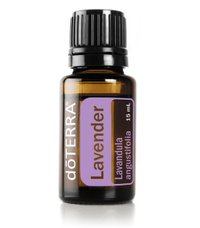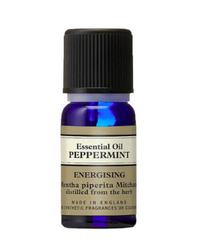Best essential oils for every health need, from managing stress to easing headaches
Finding the best essential oils for your needs can help you to destress and boost your overall health
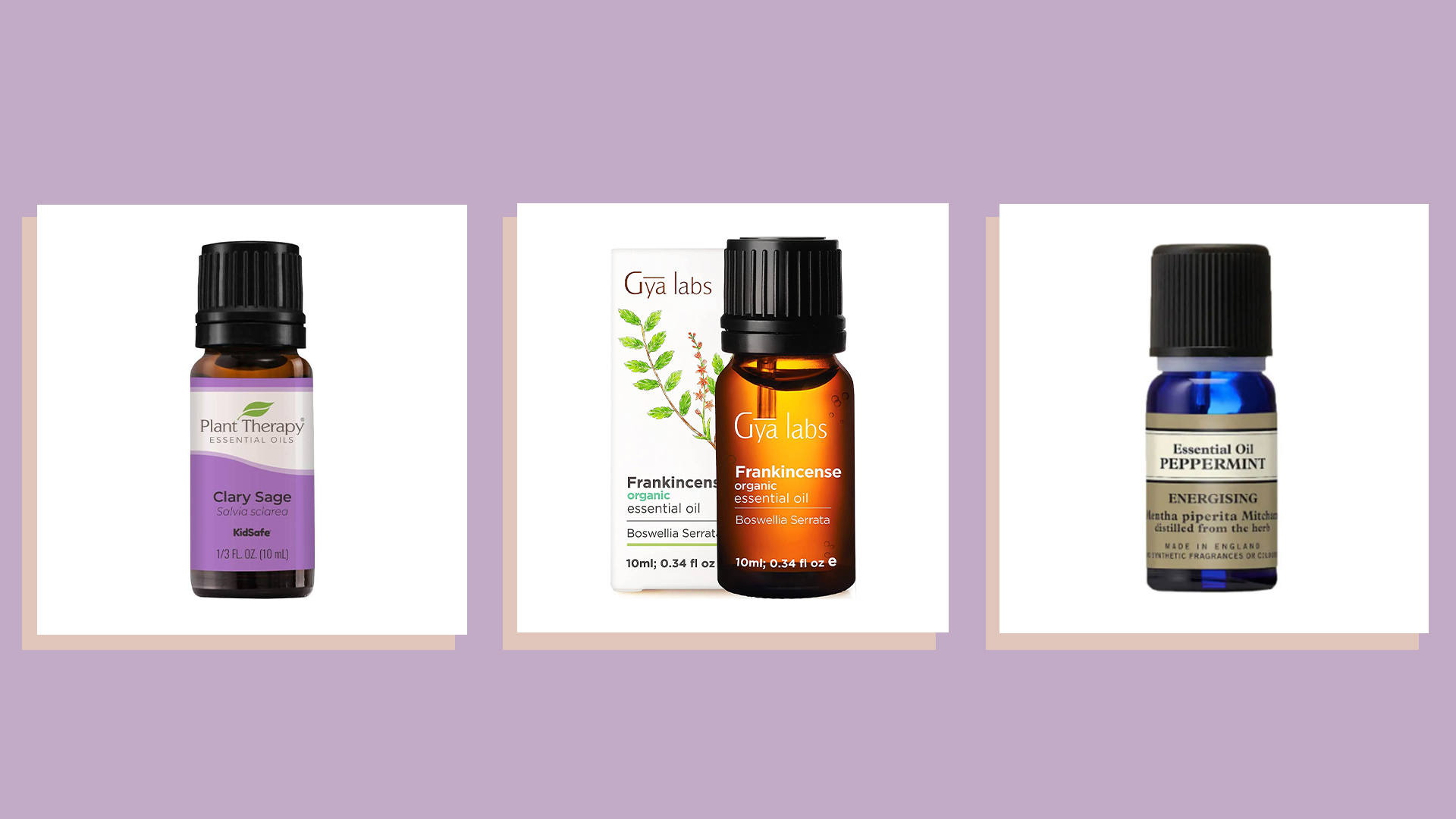

The best essential oils can help to improve your wellbeing both physically and mentally—but what is the correct way to use them and which ones are most suited to help with specific concerns?
With many of us searching for new ways to unwind and relax, more people are turning to holistic solutions to help improve overall health. And one rapidly growing sector of the self-care revolution is aromatherapy using essential oils, and the best essential oil diffusers.
"Essential oils are pure plant extracts which are steam distilled from a specific part of the plant which carries its all-important properties, known as the plant’s ‘essence’,” explains aromatherapy expert Emilie de Block, founder of Bio Scents. “They stimulate the olfactory nerve (the short nerve between your nose and brain) which then signals to the limbic system (the part of your brain that controls emotional stimuli)."
To give you a clearer idea of what essential oils can do for you, we asked aromatherapy experts how to incorporate them into your daily routine, what the best essential oils are for different purposes, and how to use them safely. After that, you might also want to take a look at our guide to the best scented candles to complete your self-care kit.
The benefits of essential oils
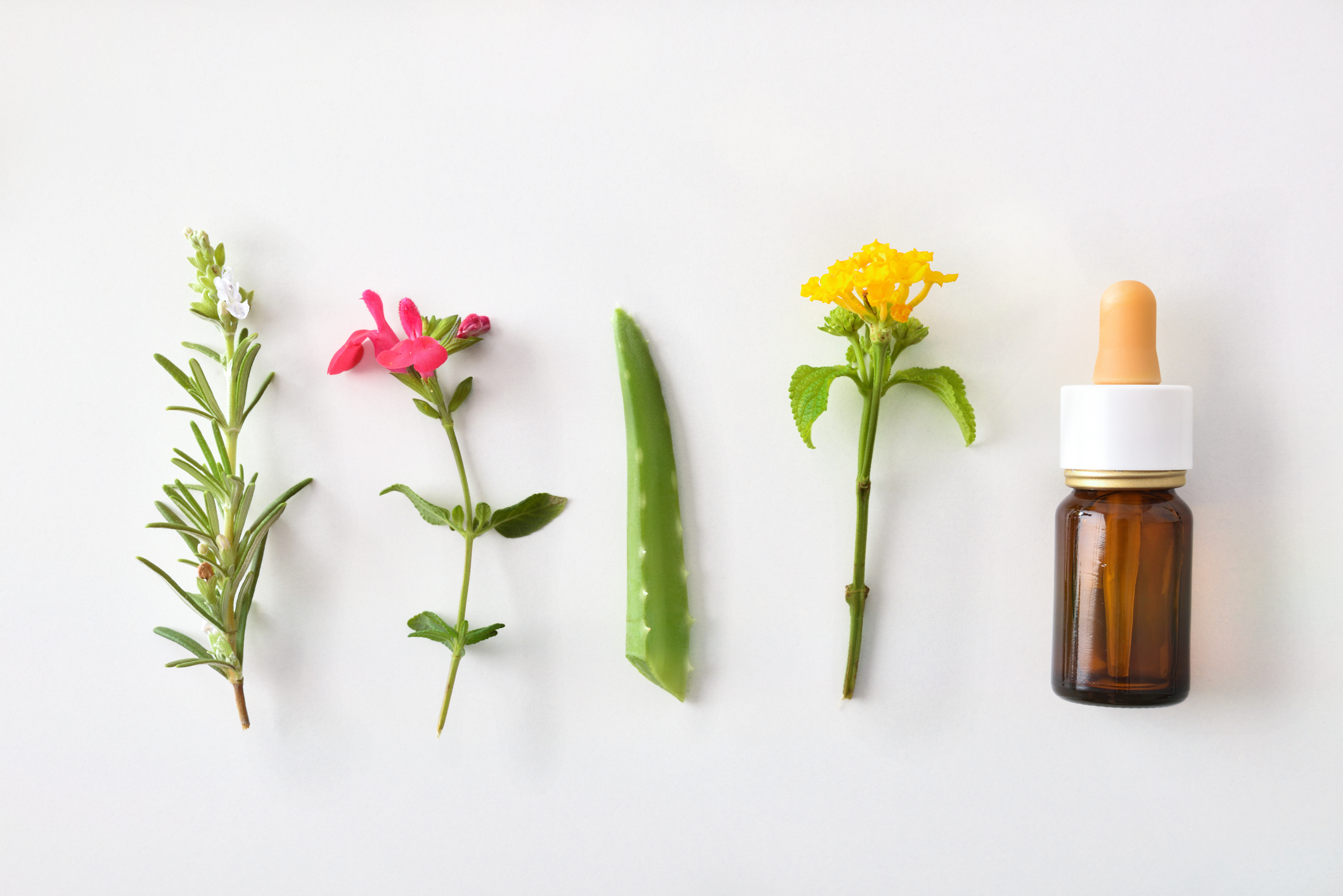
So why has there been such a buzz around aromatherapy in recent years? Evidence is still new and growing with regard to the benefits of essential oils. However, many wellness experts believe they can ease symptoms of some physical and mental health issues without introducing synthetic chemicals to the body.
“There is an emerging body of evidence which shows that they can be helpful in symptom management,” says Integrative Health and Healing Clinical Professor, Megan Voss, from the University of Minnesota. “For example, working with essential oils has been proven to aid anxiety, insomnia, and gastrointestinal issues.”
Julia Oyeleye, Clinical Aromatherapist, teacher, and author of Aromatherapy for Mental Wellbeing, explained to w&h that essential oils can also be incredibly helpful when it comes to regulating emotions. "Each essential oil is made up of many chemicals—the combination of which can have a stimulating or balancing effect on the body and mind," Oyeleye said. "These chemicals—when inhaled—have a direct effect on the part of the brain that regulates our mood and emotions.
Sign up for the woman&home newsletter
Sign up to our free daily email for the latest royal and entertainment news, interesting opinion, expert advice on styling and beauty trends, and no-nonsense guides to the health and wellness questions you want answered.
"Depending on their properties, different essential oils can be used to invigorate, uplift, calm, relieve stress and physically to help relieve certain conditions by supporting the immune system, decreasing heart rate, and calming the nervous system. Recent events have undoubtedly caused people to think more about their own health and wellbeing and how they look after themselves. It’s become very clear that living from a place of prevention is a smart thing to do."
Are essential oils safe?
Generally, essential oils are safe for use for most people. But there are a few things to think about before using them on yourself or on others.
To use essential oils safely, you need to consider
- Skin sensitivity (if applying topically)
- Duration of use (how long you plan to apply/inhale it for)
- Composition (look for pure, organic, and high-quality oils)
- Any medication or supplements which might interact with the plant’s properties (so seek advice from a healthcare professional if using)
“I would also caution people against giving essential oils to children under the age of two,” says Voss. “Pregnant women should also avoid using them during the first trimester. In the United States, we also don’t take essential oils by ingestion. Topical application and inhalation are the safer ways to utilize aromatherapy oils.”
Possible side effects of essential oils
Essential oils also have some potentially harmful side effects to be wary of. “If used incorrectly or in the wrong quantities, even the best essential oils can have side effects," says de Block. “That's why they should come with warning labels.”
Oyeleye told w&h, "Certain essential oils should not be used in some scenarios or on some people. Even the best essential oils are volatile organic compounds, and while they come from natural sources, some of them contain certain chemicals."
These chemicals can cause:
- Skin sensitization
- Irritation
- Allergic reactions
- Photosensitization
- Reactions with medications
If you’re still unsure about whether essential oils are right for you, find a qualified aromatherapist, or seek the advice of your doctor before incorporating them into your routine.
How to use essential oils safely and effectively
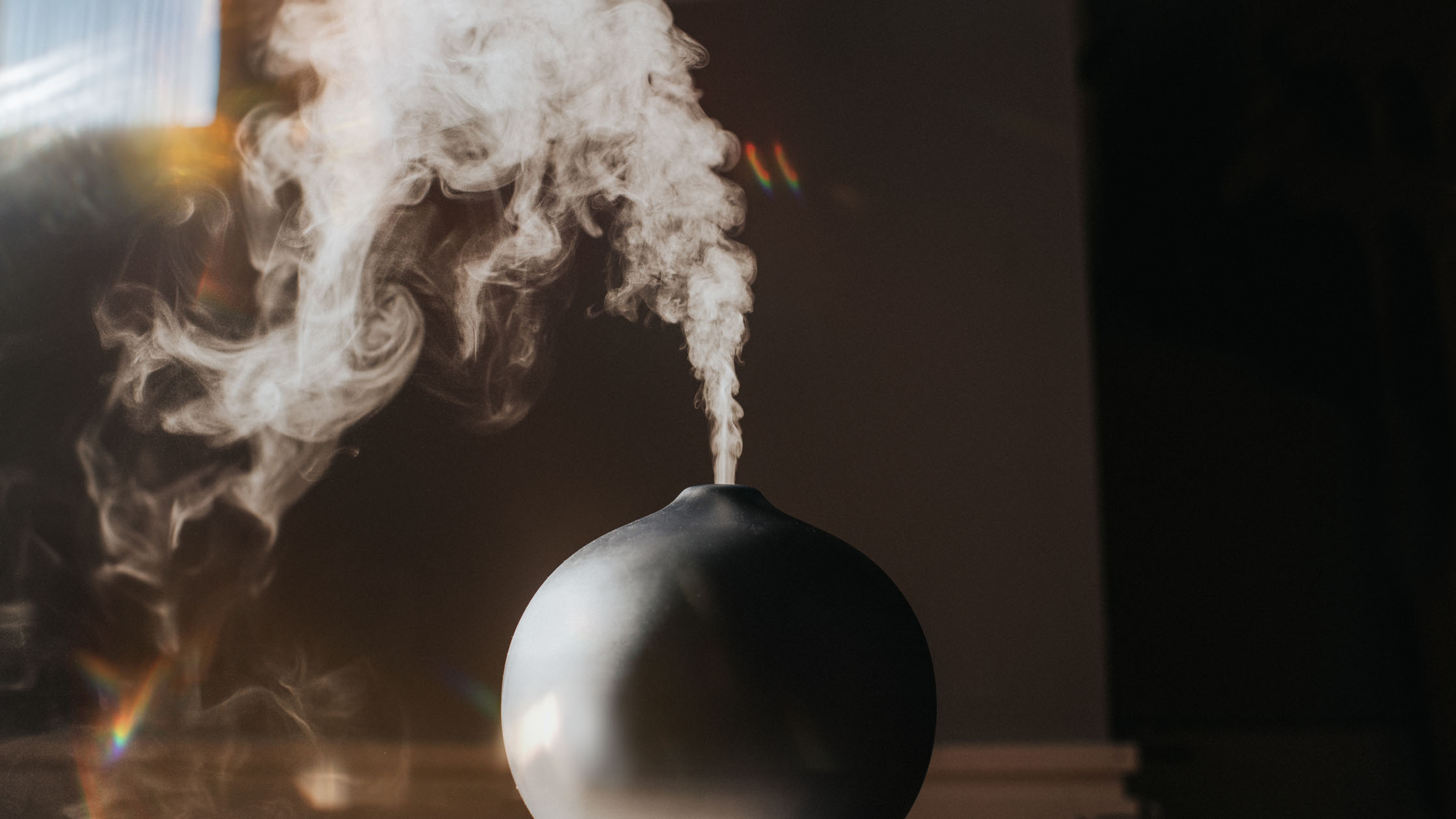
There are many ways to easily incorporate essential oils into your day—be it through massage or self-massage, inhalation (directly or via a diffuser), or by popping a few drops in the bath.
Jo Kellett, Tisserand Aromatherapy's essential oil expert, also explained, "Essential oils can also be added to a blending oil. This is a vegetable oil—like sweet almond oil, jojoba or grapeseed. You can then use your blend for a self-massage. For me, applying essential oils in this way is a great opportunity to have a little bit of 'me-time'." However, “Inhalation is the most effective way of using essential oils,” says de Block. “You can do this by simply bringing the bottle to your nose and inhale. Do this for no longer than five minutes per hour.
"Or, you can also add a few drops to a bath when mixed with a carrier oil such as olive, coconut, or almond, or pop your aromatherapy oils in an oil burner or diffuser.”
To use essential oils safely, make sure you always:
- Dilute essential oils when applied topically or in the bath—use one or two drops per teaspoon of carrier oil.
- Add water to your oil burner or diffuser when diffusing essential oils into the room to dilute the oil.
- Use them intermittently—overuse can reduce their effectiveness.
“If you’re inhaling aromatherapy oils or using them topically, I would also recommend taking them intermittently,” advises Voss. "If you inhale or apply oils continually, they become less effective, even if they’re the best essential oils on the market."
Aromatherapy candles also offer a diffuser-free option if you want your space to be filled with your favorite scent. Alternatively, searching for the best wax melts—a great wickless option that doesn't require a flame—is another way to enjoy your favorite calming scents if you perhaps need a temporary break from inhaling essential oils.
The best essential oils for aromatherapy
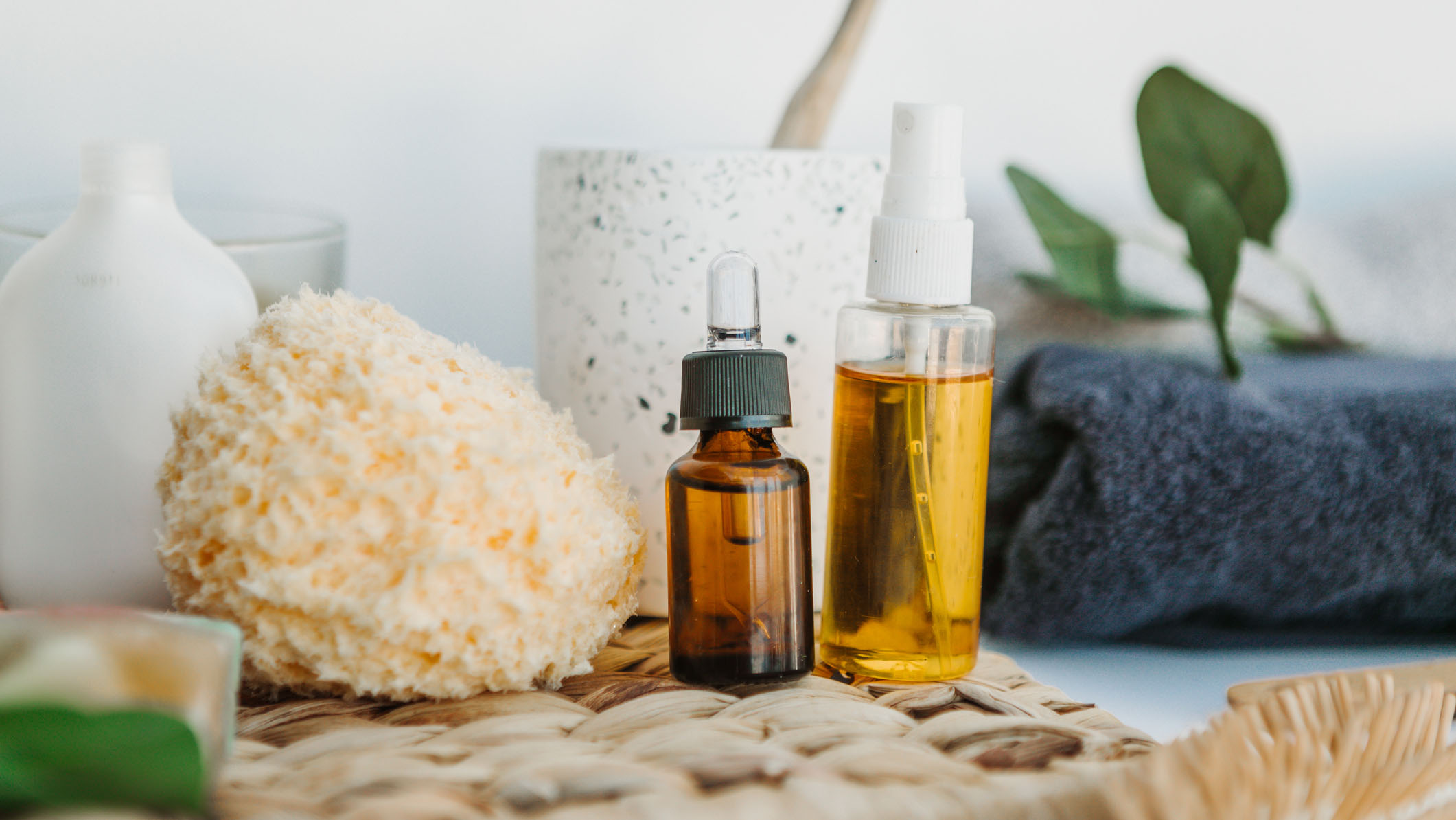
Finding the right aromatherapy oils can be a case of trial and error, but if you work with a qualified aromatherapist, you can whittle the list down to find ones that best suit your needs.
However, there are some essential oils that are generally beneficial for different needs—be it help with sleep, anxiety, or for your skin.
Best essential oils for sleep
Aromatherapy can be a great tool when it comes to drifting off into a peaceful sleep. “Lavender, cedarwood, ylang-ylang will help you relax and put you in the right state of mind for quality sleep,” says de Block. It might also help to look at our guide to the best pillows, if you're looking to improve your sleep in general.
Lavender Essential Oil 10ml | $9.50 / £9.50, nealsyardremedies.com
This handy 10ml bottle of lavender oil is one of Neal's Yard's top 10 bestsellers, and it's easy to see why. Distilled from the flowers and leaves of french lavender, it's both soothing and calming.
Absolute Aromas Organic Cedarwood Essential Oil | $6.79 / £4.96, Amazon
Vegan and cruelty-free, this affordable cedarwood oil is a brilliant option for sleep. It's 10ml too, making it great for use on the go as well as at home.
Gya Labs Ylang Ylang Essential Oil | $9.99 / £9.29, Amazon
A sweet and floral scent, this 10ml bottle of essential oil is hugely popular on Amazon, making it a great purchase if you need help with sleep.
Best essential oils for anxiety
Frankincense, geranium, clary sage (and often ylang-ylang) are used to destress and ease feelings of anxiety.
Plant Therapy Geranium Egyptian Essential Oil | $9.95 / £24.52, Amazon
A 100% pure essential oil, geranium is ideal for easing tension and stress—apply painful areas for some natural relief.
Gya Labs Organic Frankincense Essential Oil | $9.99/ £12.99, Amazon
Frankincense is brilliant for meditation, as it is known for promoting inner peace and clarity.
Tisserand Aromatherapy Clary Sage Essential Oil | $15 / £7.37, Amazon
Extracted from the herb grown in France, clary sage is a nutty, musky, and woody scent that can help balance and calm the body.
Best essential oils for skin
For oily skin, clary sage is well-known for its sebum-busting properties, as is tea tree oil. If you have sensitive skin, consult a dermatologist and carry out a patch test before use.
Clary Sage Organic Essential Oil 10ml | $24.66 / £18, Neal's Yard Remedies
This 100% pure clary oil is a little more expensive than the other option we've showcased, but it's a brilliantly relaxing scent, so worth the price tag.
Handcraft Tea Tree Essential Oil | $15.95 / £13.95, Amazon
A fresh, anti-inflammatory, and anti-septic oil, tea tree can be used on acne-prone skin. But be sure to test a patch first to ensure it doesn't cause irritation.
Best essential oils for hair
Essential oils can form the basis of a more natural beauty routine. “Rosemary is known to support hair growth and thickness; just add a few drops to a carrier oil and try a scalp massage, or use on the skin,” says de Block. “Lemongrass can also fight dandruff. Simply incorporate a few drops in your shampoo.”
Rosemary Organic Essential Oil 10ml | $15.74 / £11.50, Neal's Yard Remedies
Another of Neal's Yard Remedies bestselling essential oils, rosemary has an enlivening and deeply stimulating aroma, which makes it great for hair—as well as times when you need to concentrate.
Gya Labs Lemongrass Essential Oil| $6.89 / £8.89, Amazon
An uplifting, fresh, and lemony scent, lemongrass essential oil not only works great for dandruff, but it's also good for soothing aches and pains.
Best essential oils for a mood boost
We all know a spritz of our favorite perfume can brighten our mood, and essential oils can have the same—if not more powerful—effect. “Ylang-ylang or lavender are great for relaxing and any citrus scent, such as lemongrass, lemon, or sweet orange, can boost your mood," says de Block.
Naissance Ylang-ylang Essential oil | $24.66 / £17.99, Amazon
Pure, natural, and cruelty-free, this ylang-ylang oil is a great option for those looking to feel a little mood boost on a low day.
Naissance True Lavender Essential Oil | $5.99 / £5.99, Amazon
100% natural, lavender oil also blends well with almost any oils, particularly anything citrusy.
Best essential oils for headaches
“You can use an essential oil to relieve any stress or underlying anxiety that is causing a tension headache,” says Voss. Peppermint is an essential oil commonly used in this circumstance. However, be wary of using plant extracts to treat migraines. “Migraines are quite susceptible to smell, which means essential oils can sometimes aggravate the problem.”
Handcraft Peppermint Essential Oil | $14.95 / £13.95, Amazon
A fresh and minty scent, peppermint oil is well-known to solve some common physical ailments—and it can be particularly helpful for sore heads.
Best essential oils for allergies
“Essential oils don’t treat the root cause of allergies, but they can open sinus passages,” says Voss. Peppermint oil, in particular, is a great decongestant, and lavender is thought to help reduce puffiness around the eyes.
Lavender Essential Oil 15ml | $30.67 / £25.67, Doretta
Lavender is great for reducing puffiness with soothing and calming properties. Mix with warm water and cover your head with a towel for a mini sauna experience, inhaling deeply.
Peppermint Essential Oil 10ml | $10.97/£8, Neal's Yard Remedies
Another bestselling oil for the brand, peppermint oil's cleansing and refreshing scent can help to clear out any allergies.
With our huge thanks to Megan Voss, Integrative Health and Healing Clinical Professor from the University of Minnesota, essential oils expert Emilie de Block, founder of Bio Scents, Julia Oyeleye, Clinical Aromatherapist, teacher and author of Aromatherapy for Mental Wellbeing, and Jo Kellett, Tisserand Aromatherapy's essential oil expert, for their time and expertise for this feature.
With five years of experience working across print and digital publications, Stacey is a journalist who specializes in writing about the latest developments in health and wellbeing. She has also previously written for Women’s Health, Get The Gloss, Fit & Well, Stylist, and Natural Health magazine, covering current health trends and interviewing leading figures in the wellness space.
When she’s not talking to health experts, you can probably find her hiking somewhere in the Welsh countryside or near the coast. Her favorite two ways to switch off are a Pilates class and a glass of wine with a home-cooked meal.
-
 Need spring style inspiration? Jennifer Aniston proves a shirt dress is the most versatile item you can invest in
Need spring style inspiration? Jennifer Aniston proves a shirt dress is the most versatile item you can invest inIf you only buy one piece this weekend, make it a shirt dress
By Matilda Stanley Published
-
 Celebrities you never knew got their start as models, from Angelina Jolie's 'terrible' experience to A-listers who started as pageant queens
Celebrities you never knew got their start as models, from Angelina Jolie's 'terrible' experience to A-listers who started as pageant queensWhether it was just for a short time or it's how they got discovered for something else, these stars owe it all to striking a pose
By Jack Slater Published
